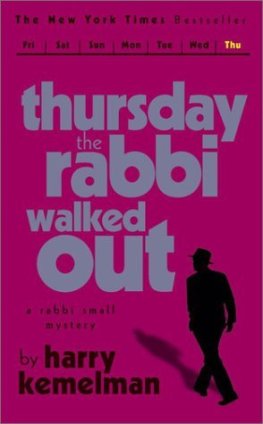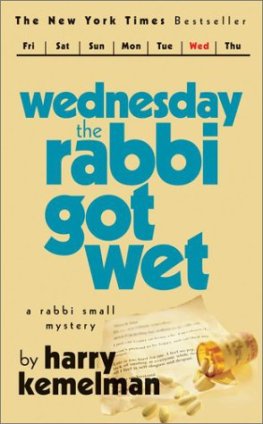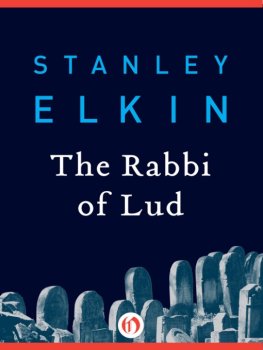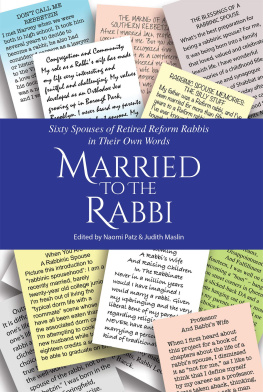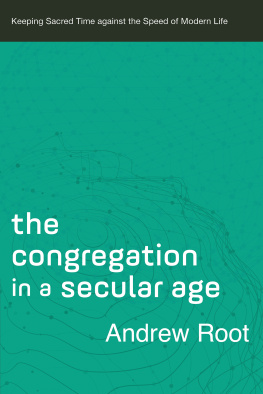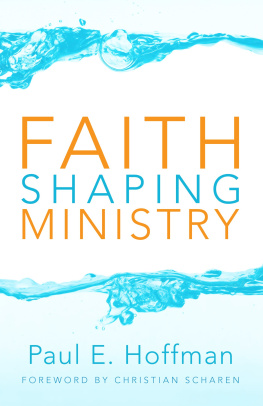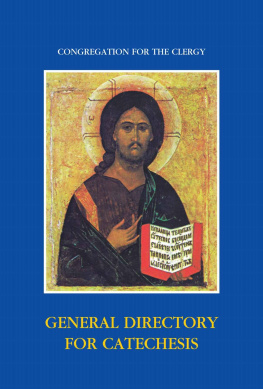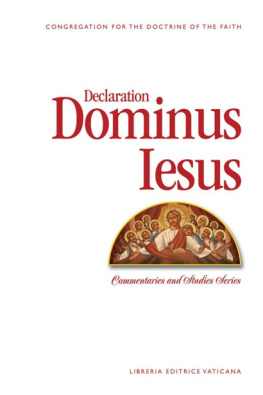PRAISE FOR AND THEY SHALL BE MY PEOPLE
The heart of his book is the story of a community acting out the dilemma and contradictions of its dual identity. A useful contribution to the ethnography of modern religious life.
Edward Hirsch, The New York Times Book Review
An engaging and affectionate book Wilkes has many perceptive things to say about Jewish belief and practice and the state of Judaism at the end of the twentieth century. One can only marvel at Wilkess keen powers of observation.
Harold B. Aspis, Hadassah
An extended piece of serious reporting on the inner dynamics of complacent people caught up in confrontations with their history and their own selves The debate about what caused the sudden winking out of the postwar American Jewish renaissance, and whether there is any possibility of a future renewal, still goes on. This book contributes worthily albeit bleakly to that debate.
Chaim Potok, The Forward
While interjecting local and ancient Jewish history, the book offers an intimate look at the secular Jewish community in the 1990s. It asks how anyone can stay religious in the secular world.
Sondra Shapiro, The Jewish Chronicle
[Paul Wilkes] reports faithfully and fully what he sees, allowing the reader to draw his own conclusions about this very American brand of Judaism.
Mark Miller, National Review
Each day, with its successes and frustrations, is chronicled in vivid and thought-provoking style. Rabbi Rosenbaums story is an insightful description of the challenges faced by an ancient tradition in a free society.
Gerald I. Wolpe, The Philadelphia Inquirer
The book explores the complex question, What is the place of the Jewish religion in todays lifestyle? In seeking the answer, Wilkes has written an important book, focusing on religion at a perilous juncture in time.
George Cohen, Booklist
A kind of primer on Judaism, Jewish sociology, and American Jewish history One need not believe that the Rosenbaums problems are universal, or that Beth Israel is typical of every congregation in America, to appreciate the troubling accuracy of the portrait Paul Wilkes has given us of American Jews in the 1990s.
Elliot Abrams, Commentary
A searching meditation based on the assumption that American Jewry is fragmented, diluted, and facing a precarious future Wilkes, who is Catholic, brings a sympathetic perspective to this probe.
Publishers Weekly
And They Shall Be My People
Also by Paul Wilkes
NONFICTION
These Priests Stay
Trying Out the Dream: A Year in the Life of an American Family
Six American Families
Merton: By Those Who Knew Him Best
In Mysterious Ways: The Death and Life of a Parish Priest
Companions Along the Way
The Education of an Archbishop
The Good Enough Catholic: A Guide for the Perplexed
The Seven Secrets of Successful Catholics
Beyond the Walls: Monastic Wisdom for Everyday Life
FICTION
Temptations
FOR CHILDREN
Fitzgo, the Wild Dog of Central Park
My Book of Bedtime Prayers
And They Shall Be
My People
An American Rabbi and
His Congregation
Paul Wilkes

Copyright 1994 by Paul Wilkes
All rights reserved. No part of this book may be reproduced in any form or by
any electronic or mechanical means, including information storage and
retrieval systems, without permission in writing from the publisher, except by
a reviewer, who may quote brief passages in a review. Any members of
educational institutions wishing to photocopy part or all of the work for
classroom use, or publishers who would like to obtain permission to include
the work in an anthology, should send their inquiries to Grove/Atlantic, Inc.,
841 Broadway, New York, NY 10003.
Published simultaneously in Canada
Printed in the United States of America
Library of Congress Cataloging-in-Publication Data
Wilkes, Paul.
And they shall be my people: an American rabbi and his
congregation / Paul Wilkes.
eBook ISBN-13: 978-0-8021-9655-2
1. Rosenbaum, Jay. 2. RabbisMassachusettsWorcester
Biography. 3. JudaismMassachusettsWorcester. I. Title.
BM755.R548W55 1994 296.8.092dc20 94-7679
DESIGN BY LAURA HAMMOND HOUGH
Grove Press
841 Broadway
New York, NY 10003
For my beloved father-in-law
Lawrence Gochberg
I myself found fully grown carob trees in the world; as my fathers planted for me before I was
born: so do I plant for those who will come after me. Jerusalem Talmud Taanith 23a
Preface
This is the story of a rabbi and his congregation. The year-long period I spent with them begins just after the High Holiday season has ended.
This might seem an odd choice, for the High Holidayswhich begin with Rosh Hashanah and end eight days later with Yom Kippurmark the holiest time of the year for Jews. It is the time when the greatest number of Jews formally acknowledge their religious belief by attendance at synagogue services. Their congregation, their Jewish-ness, their rabbi take a centralalbeit momentary for mostrole in their lives. It is at this time of year that Jews are most willing to be public about their faith as they participate in venerable rituals and observe practices thousands of years old. And it is a time when their rabbis words, if not always heeded, are at least heard. Non-Jews are once again made aware of the Jews in their midst, perhaps when a fellow employee takes off from work to attend services or a newspaper photograph features Jewish ritual. A certain line is drawn between Jew and non-Jew.
But of course the rabbi, together with his formally affiliated congregants, has a life throughout the rest of the year. So does every Jew in America. The line quickly fades. Even those who triumphantly proclaim their Jewishness during the High Holidays can blend back easily into a society where they are once again a minority. Their rabbi fades into the background of lives lived not in the embrace and confinement of ghetto or shtetl, but in a free and open society. As the months move along, some grow closer to their religious belief or cultural identity as Jews, others drift farther away, while still others consciously decide to turn their backs. Far more seem to do little about it.
For no other religious group in America is the gap between observance and assimilation wider or deeper than it is for the Jewsand for good reason. No other religion makes as many demandsdemands that a small number of Jews embrace with total orthodoxy, others attempt to balance within a secular life, and still others completely ignore.
The rabbi written about in these pages is not well known outside his congregation, and while he is certainly admired by his people, Rabbi Jay Rosenbaum has done nothing in particular to distinguish himself outside this small world. He is not the author of a popular book; he is not sought out by talk-show hosts to convey the Jewish point of view; he is not renowned by any means. He is the rabbi at Congregation Beth Israel, a midsize Conservative synagogue in Worcester, Massachusetts.
I came to know Rabbi Rosenbaum and his congregation by a somewhat circuitous route. When I began this project, I had written a good deal about religion and religious belief in America, usually centering on the Catholic church. I myself am Catholic. I had recently written about a Catholic priest, Father Joseph Greer, and his parish in Natick, Massachusetts, and thought it would be interesting to go on to study a Protestant congregation in similar detail. So I set about visiting various Protestant churches in my area of central Massachusetts.
Next page

